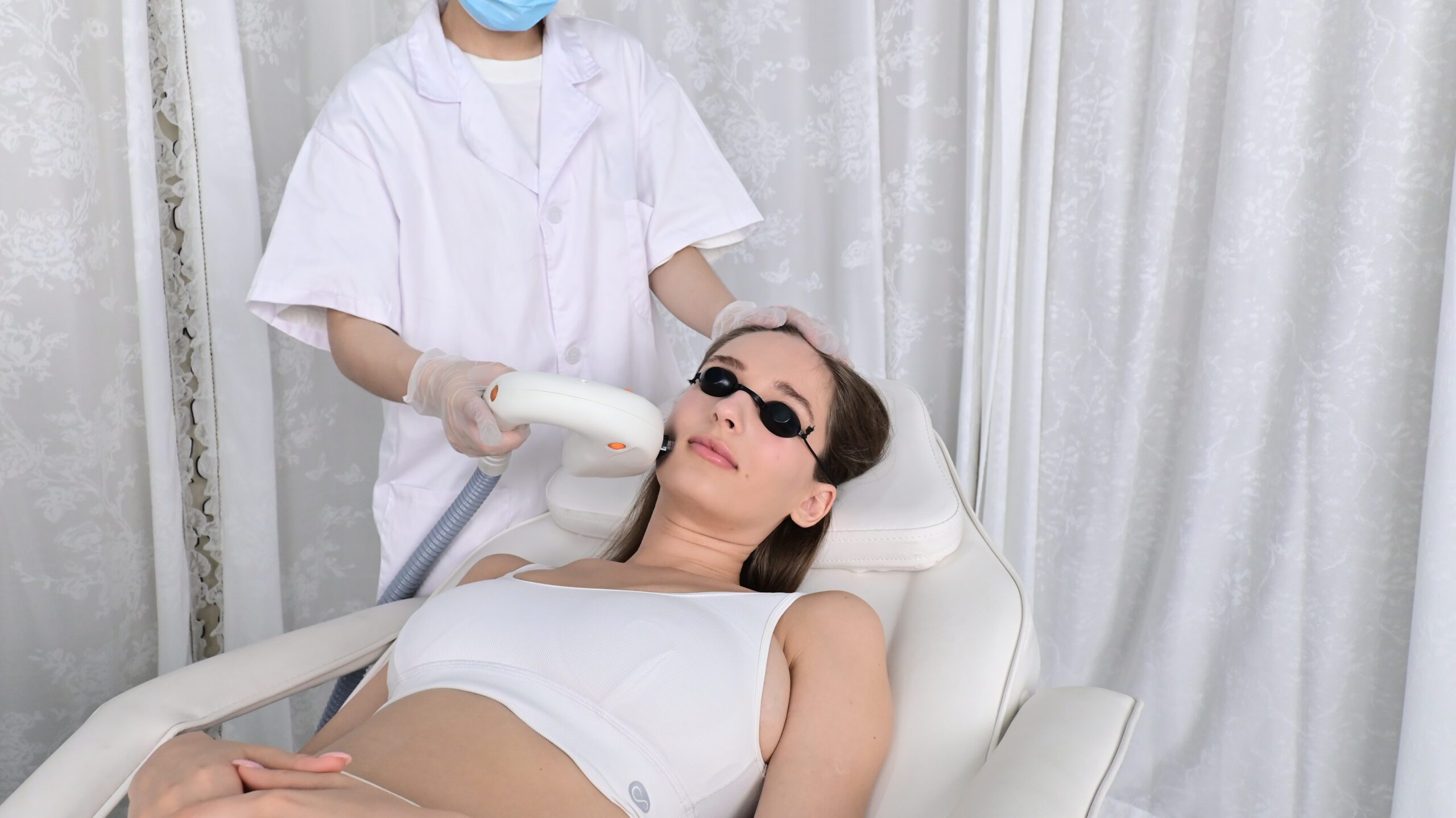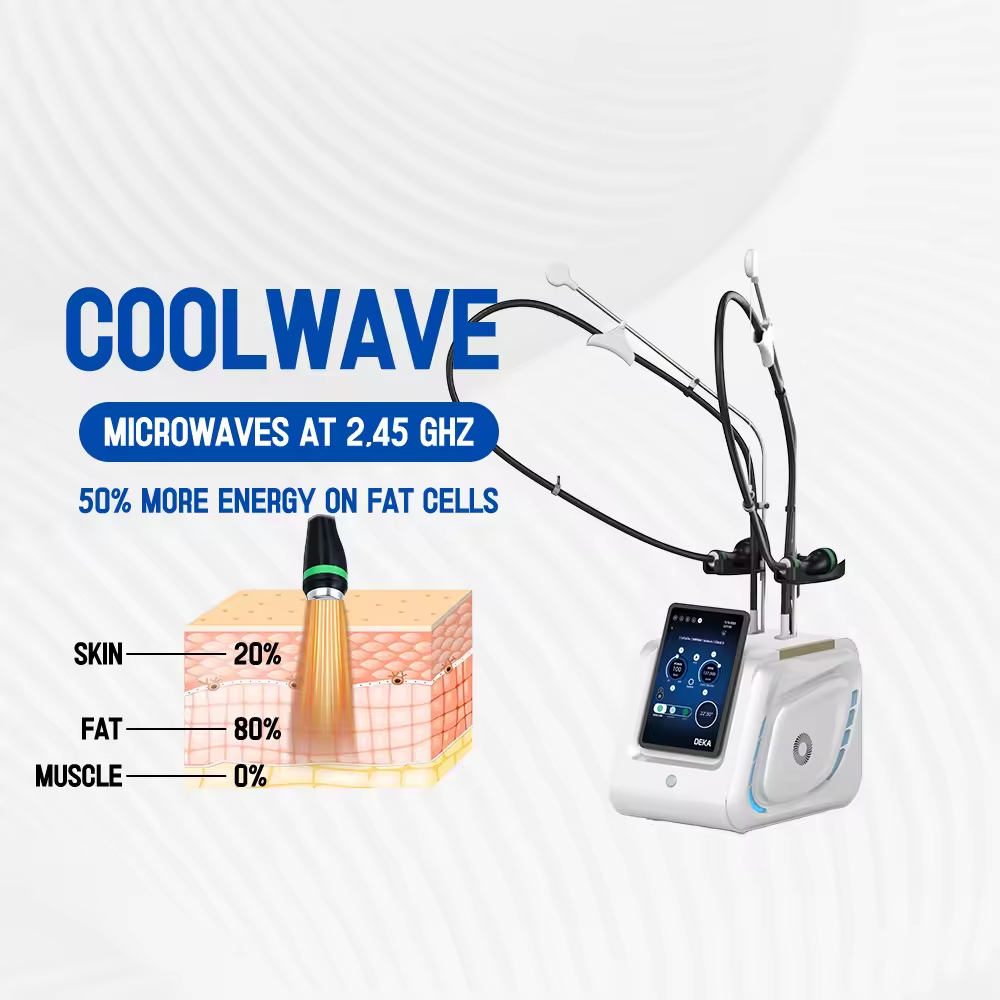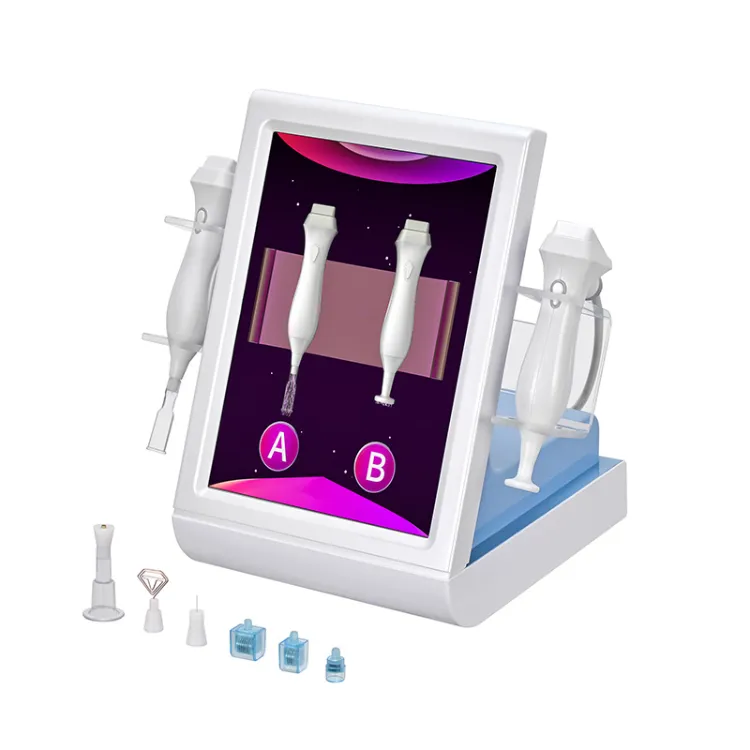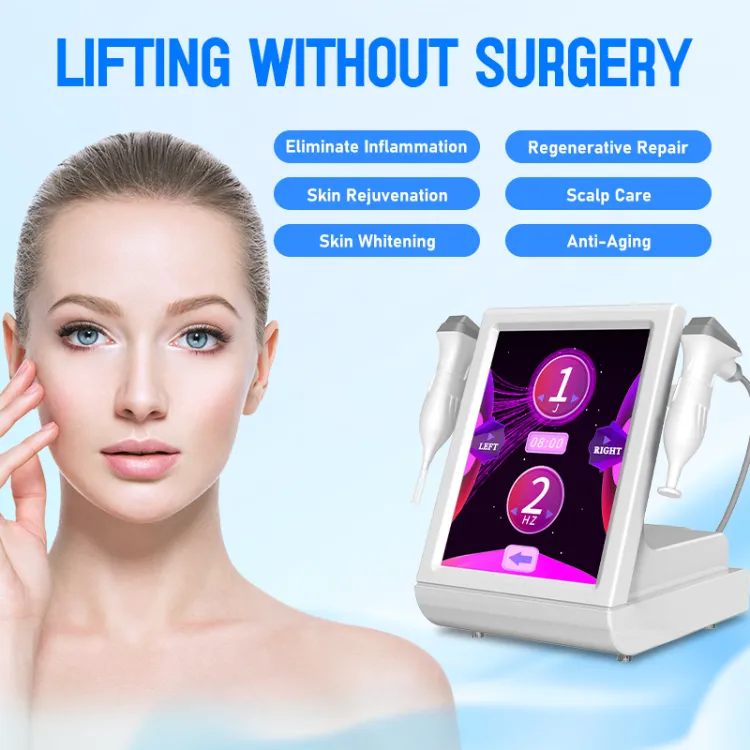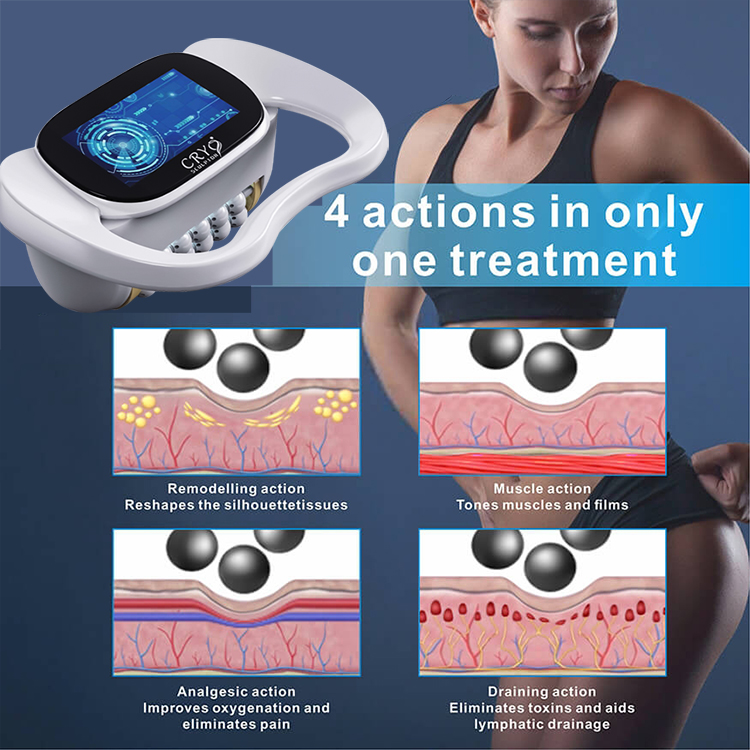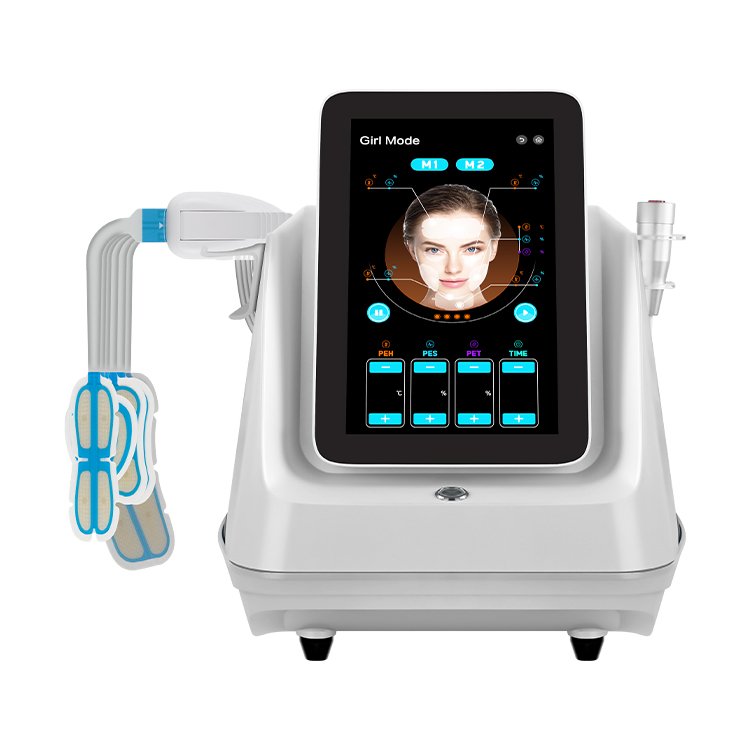Share optimized solutions, professional valve knowledge and industry news
Please enter the relevant terms or keywords you need to consult, and relevant articles will appear in the search results. If you can’t find the answer you need, please feel free to contact us and we will be happy to help. Or you can directly send an email to beauty@shefmon.com
What Is the Best Treatment to Remove Acne?
- admin
What Is the Best Treatment to Remove Acne?
Acne—those tiny bumps that seem to appear at the worst possible times—can be more than just a skin issue. For many, it affects confidence and self-esteem. Whether you’re dealing with stubborn blackheads, painful cystic acne, or the scars they leave behind, finding the best acne treatment can feel like a maze.
Introduction: Understanding Acne and Its Causes
Acne occurs when your skin’s pores get clogged with oil, dead skin cells, or bacteria. It’s a natural part of the skin cycle, but for some, it becomes chronic due to hormonal changes, genetics, or stress. The good news? With the right treatment, you can manage and even eliminate acne effectively.
Types of Acne You Might Be Facing
Whiteheads and Blackheads
These are the most common types. Whiteheads are closed pores filled with oil, while blackheads are open pores where the oil oxidizes, turning dark.
Papules and Pustules
These are inflamed pimples that can be red and painful. Pustules contain pus and often form clusters.
Nodules and Cystic Acne
These are severe types of acne that go deep beneath the skin, often leaving scars if untreated.
Common Triggers Behind Acne Breakouts
Several factors can trigger acne, including:
Hormonal changes during puberty or menstrual cycles
Stress and lack of sleep
Excess oil production
Poor diet (especially sugary or dairy-heavy foods)
Using the wrong skincare products
How to Identify Your Skin Type Before Treatment
Knowing your skin type—whether oily, dry, combination, or sensitive—is crucial. Treatments like benzoyl peroxide might dry out sensitive skin, while salicylic acid is ideal for oily or acne-prone types.
Topical Treatments: The First Step in Acne Removal
Benzoyl Peroxide
Kills acne-causing bacteria and helps reduce inflammation.
Salicylic Acid
Unclogs pores and exfoliates dead skin cells.
Retinoids
Vitamin A derivatives that promote cell turnover and prevent new acne from forming.
Oral Medications for Severe Acne
Antibiotics
Reduce inflammation and bacteria but shouldn’t be used long-term.
Birth Control Pills
For women, certain pills can regulate hormones that cause acne.
Isotretinoin (Accutane)
A powerful drug for severe, resistant acne—but must be prescribed carefully.
Professional Skincare Treatments That Work
Chemical Peels
Use mild acids to exfoliate and clear acne scars.
Microdermabrasion
Removes the top layer of skin to smooth texture and fade scars.
LED Light Therapy
Blue light kills bacteria, while red light reduces inflammation and promotes healing.
Laser Acne Treatments
Target deeper layers of the skin to reduce oil production and acne scars.
Advanced Machine Treatments: Modern Solutions for Acne
In modern aesthetics, advanced beauty machines are revolutionizing acne care.
Fractional CO2 Laser Treatment
Targets deep scars, stimulates collagen, and resurfaces skin.
👉 Recommended device: A0529 Professional Acne Scar Removal 10600nm CO2 Fractional Laser Equipment
Radio Frequency (RF) Microneedling
Combines microneedling with heat energy to reduce acne scars and tighten skin.
👉 Recommended device: M0039 Radio Frequency Face Lifting Skin Tightening Machine
HydraFacial and Hydrodermabrasion
Deep cleanses and hydrates the skin while gently exfoliating impurities.
👉 Recommended device: A0423 Laser for Skin Rejuvenation
Home Remedies That Can Support Acne Healing
Use tea tree oil for its antibacterial properties
Apply aloe vera gel to soothe inflammation
Try honey masks to promote healing
Avoid harsh scrubbing or alcohol-based toners
Lifestyle and Diet Tips to Prevent Breakouts
Drink plenty of water
Eat foods rich in zinc and omega-3 fatty acids
Avoid processed and sugary foods
Clean your makeup brushes regularly
Change pillowcases often
How Long Does It Take to See Results?
Acne treatment isn’t an overnight fix.
Topical treatments may take 4–8 weeks, while laser and RF microneedling may show visible improvement after 2–3 sessions.
When to Visit a Dermatologist
If over-the-counter treatments fail or acne leaves scars, it’s best to consult a professional. They can prescribe stronger medications or suggest machine-based treatments for long-term results.
Best Acne Removal Machines from SHEFMON BEAUTY
SHEFMON is a trusted beauty equipment manufacturer with over 11 years of experience, offering professional-grade solutions for clinics and spas.
A0529 CO2 Fractional Laser
Perfect for deep acne scars and skin resurfacing.
BCHYQ045 RF Microneedling Machine
Ideal for tightening, smoothing, and repairing acne-damaged skin.
A0423 Laser for Skin Rejuvenation
Combines laser therapy and gentle resurfacing for glowing, clear skin.
Combining Professional and At-Home Treatments
For the best results, mix professional treatments like fractional laser or RF microneedling with daily skincare habits. Consistency is key—don’t skip your routine, and always protect your skin with sunscreen.
Conclusion: Finding What Works for You
The best treatment to remove acne depends on your skin type, severity, and goals. While mild acne can be treated with topical solutions, advanced technology like CO2 lasers and RF microneedling delivers remarkable results for scars and stubborn breakouts.
With professional-grade devices from SHEFMON BEAUTY, you can achieve smoother, clearer skin safely and effectively.
FAQs
1. What is the fastest way to get rid of acne?
Professional laser or RF microneedling treatments often deliver visible results faster than creams or medications.
2. Can acne scars be completely removed?
Yes, with advanced treatments like CO2 fractional laser or RF microneedling, scars can be significantly reduced or removed.
3. Are acne treatments safe for sensitive skin?
Most are safe, but it’s important to consult a dermatologist before starting any treatment.
4. How often should I do professional acne treatments?
Typically every 3–4 weeks, depending on your skin’s condition and recovery time.
5. Can diet really affect acne?
Yes—foods high in sugar or dairy can worsen acne, while a balanced diet helps control it.

